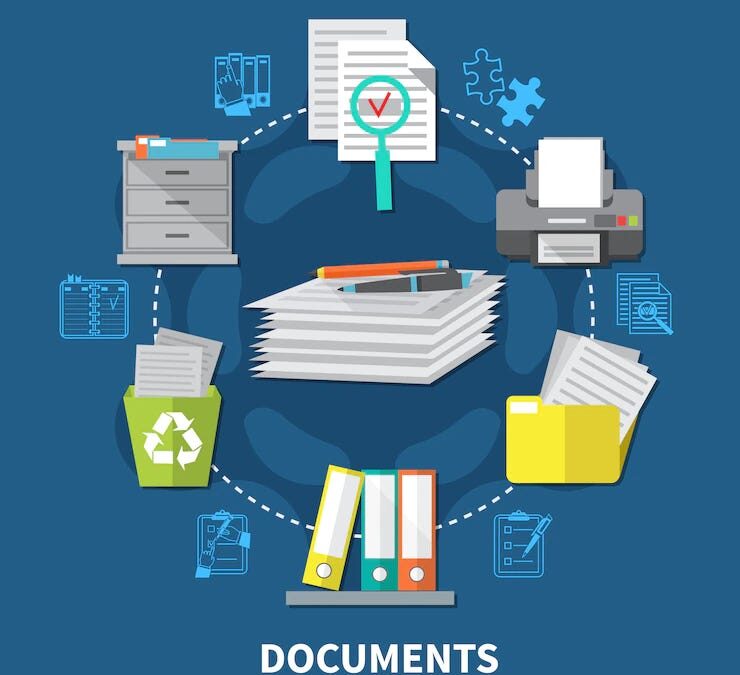
With many good options available now for migrating your data into the cloud, the software selection process can be daunting. How should you select a new platform for your firm? We suggest three key considerations in selecting Cloud-based software for law firm management.
- Alignment with Firm’s Operational Needs and Legal Industry Standards
Look at what you are currently running to get your “must have” requirements, but don’t stop there. When choosing a cloud platform, it’s crucial to insure that the software aligns with the firm’s operational requirements, especially in terms of five key areas:
 practice/case management
practice/case management- document management
- time billing
- accounting
- calendar management
This includes features such as time tracking and billing integration with case management, accounting software compatibility with billing, calendar synchronization, matter and client management tools, and document storage and retrieval capabilities.
Moreover, given the stringent regulatory requirements in the legal industry, insure that the chosen Cloud platform complies with legal standards for data protection, client confidentiality, and audit trails.
2. Value Addition for Legal Practice Efficiency
How can the new software improve on your firm’s operations and business development?
Evaluate how the cloud platform can enhance efficiency in billing, accounting, calendar management, practice management, and document management processes.
Look for features that streamline workflows, automate repetitive tasks, generate documents, and improve collaboration among team members and with clients.
For instance, features such as automated invoicing, expense tracking, integrated calendaring, task management, matter-centric document organization, and secure client portals can significantly enhance the firm’s operational efficiency and client service delivery.
Also consider whether you need better lead tracking, to monitor the conversion process from prospects to clients, and management tools such as dashboards to monitor revenue, matters opened, hours charged and receivables aging.
3. Migration Support and Integration Capabilities
What platforms are best equipped to move your existing documents, practice management and billing/accounting data into the cloud?
Assess the platform’s ability to seamlessly migrate existing data and applications related to billing, accounting, calendar management, practice management, and document management into the cloud.
Look for platforms that offer robust migration tools, support for data mapping and transformation, and experience with migrating existing software systems commonly used in law firms, such as legal billing software, accounting software, calendaring tools, practice management software, and document management systems.
What is the vendor’s project plan to ensure that the migration process is carried out with minimal disruption to ongoing operations and that data integrity is maintained throughout the transition?
Crosspointe Consulting Group’s legal tech consultants can assist you with the migration decision process, and can work with you throughout the migration and training process to insure the best possible outcome. Call us at 877-375-2810 or write to us at [email protected] to learn how we can help you make the best purchase decision for your firm.

With clients throughout North America, Andrea Prigot guides firms through the selection, migration and implementation of billing, accounting, document management and practice management software. An experienced implementer and trainer, her current certifications include Caret Legal, Clio, NetDocuments, Cosmolex and TimeSolv. She also holds certifications in Amicus Attorney, Time Matters, Timeslips, PCLaw and Worldox.
Andrea is a founding member of Crosspointe Consulting Group, and president of Amicus Consulting, Inc., and has been a speaker and panelist on CLE programs for the New York State Bar Association and the Westchester County Bar Association.



